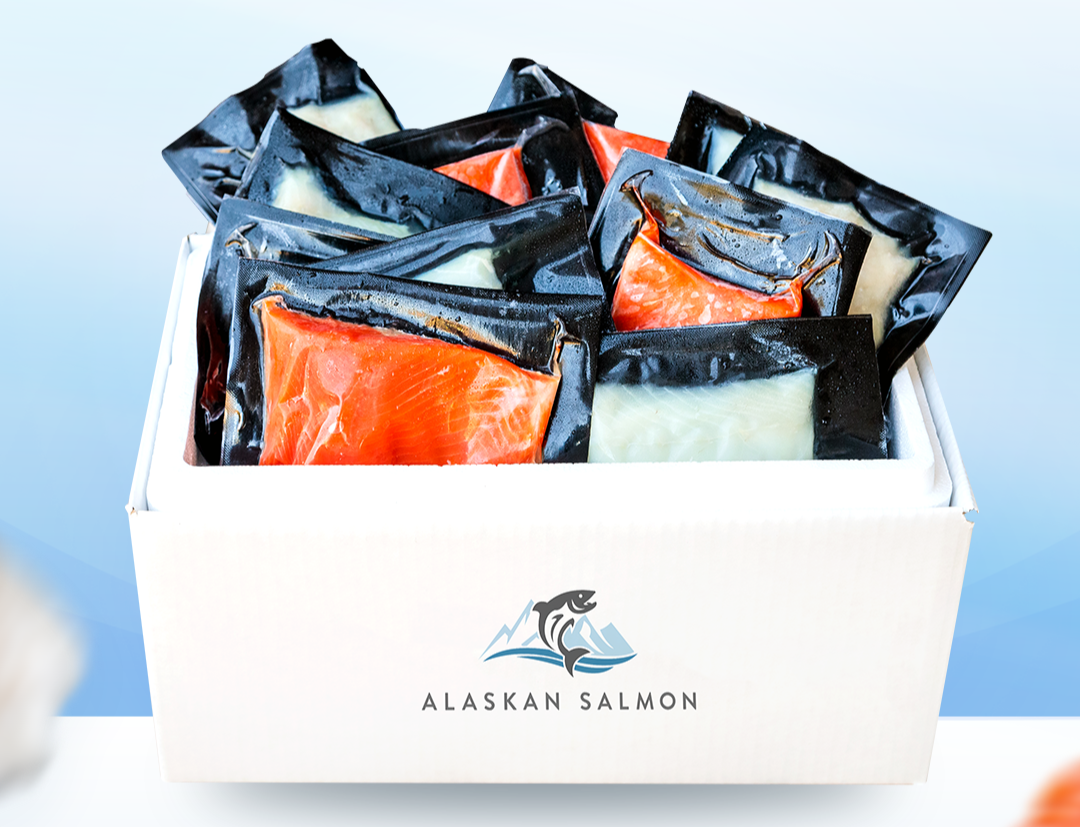Is Salmon Good for Your Kidneys?
Updated on Oct 23, 2024
Kidney health is important for your well-being because your kidneys help filter waste, balance fluids, and regulate electrolytes in your body [*(opens in a new window)]. If you have conditions like diabetes or already have kidney disease, it’s especially important to pay attention to what you eat.
The right nutrition can make a big difference in how well your kidneys function and how healthy you feel. Among the many dietary options available, fish, especially salmon, has gained attention due to its benefits.
Here’s what you need to know about salmon for kidney health, wild-caught versus farmed salmon, potential risks, and how to consume it in a way that supports your kidneys.
Is Salmon Good for Your Kidneys?
The health benefits of salmon make it an excellent food for people looking to improve their kidney health. Salmon is rich in omega-3 fatty acids — specifically eicosapentaenoic acid (EPA) and docosahexaenoic acid (DHA) — which have properties that can help reduce inflammation in the body.
In one study, it was found that taking any amount or high doses of omega-3 fats was linked to a lower chance of proteinuria (which means having protein in the urine). Moreover, omega-3 supplementation was connected to a lower risk of reaching end-stage renal disease, meaning it could help slow down the progression of kidney disease [*(opens in a new window)].
Salmon is one of the few natural food sources rich in vitamin D. This vitamin helps reduce the risk of inflammation, which makes it beneficial for kidney health. Selenium is also found in salmon — a trace mineral that protects cells from oxidative damage and may help prevent kidney disease progression.
Related: The Healthiest Types of Salmon – It’s Not One-Size-Fits-All
Wild-Caught vs. Farmed Salmon for Kidney Health
When it comes to kidney health, wild-caught salmon is often considered better than farmed salmon. Wild salmon has more omega-3 fatty acids and tends to have fewer contaminants and chemicals compared to farmed salmon. Choosing wild-caught salmon can provide more benefits for your kidneys.
Related: Wild Caught vs. Farm Raised Salmon: What’s the Difference?
How Often Should I Eat Salmon for Kidney Health?
The Dietary Guidelines for Americans generally recommended to eat at least 8 ounces of seafood, including salmon [*]. This portion allows you to enjoy the benefits of its omega-3 fatty acids and essential nutrients without overdoing it.
According to the National Kidney Foundation, people with kidney disease or a kidney transplant don’t need to avoid fish. However, in the later stages of kidney disease, your doctor may ask you to eat less protein, so fish can still be a healthy choice, but you might need to limit your intake [*(opens in a new window)].
For individuals with specific kidney concerns, consulting a healthcare provider or a registered dietitian is advised for tailored dietary recommendations.
Related: How Much Salmon Is Too Much?
Are There Any Risks of Consuming Salmon for Kidney Health?
While salmon is considered as one of the healthiest fish, there can be some risks of consuming salmon particularly for people with advanced kidney disease due to its high potassium, phosphorus, and protein content.
Too much potassium can be harmful, as the kidneys may struggle to remove excess potassium from the blood. High phosphorus can lead to a buildup in the blood and cause bone and heart problems in those with poor kidney function.
Additionally, the high protein content in salmon can put extra strain on the kidneys, especially for those in the later stages of kidney disease.
How to Incorporate Salmon into a Kidney-Friendly Diet
To enjoy the health benefits of salmon while keeping your kidneys in mind, it’s important to follow some simple guidelines. Here’s how you can incorporate salmon into a kidney-friendly diet:
- Stick to a 3-4 ounce serving size.
- Limit salmon to 1-2 times a week to manage potassium and phosphorus intake.
- Choose grilling, baking, or steaming for healthier cooking methods.
- Pair with low-potassium vegetables like cabbage, cauliflower, or bell peppers.
- Avoid high-sodium seasonings — use herbs and spices instead.
Summary
Salmon can be a nutritious addition to a kidney-friendly diet, thanks to its rich content of omega-3 fatty acids, vitamin D, and selenium. It's important to check with your doctor or dietitian to personalize your diet, so you can benefit from salmon while protecting your kidneys.
If you're after the finest salmon, our Wild Caught Alaskan Sockeye Salmon is an excellent choice. From Alaska's pristine waters, this premium fish combines rich flavor with outstanding nutrition!








